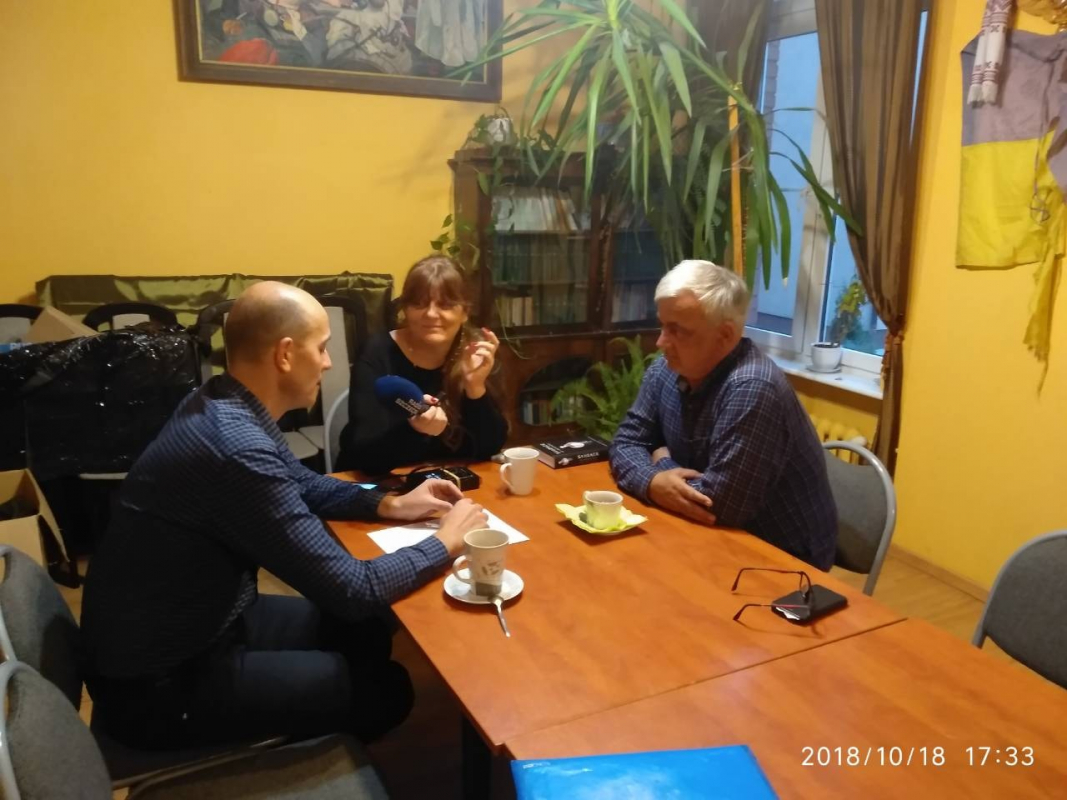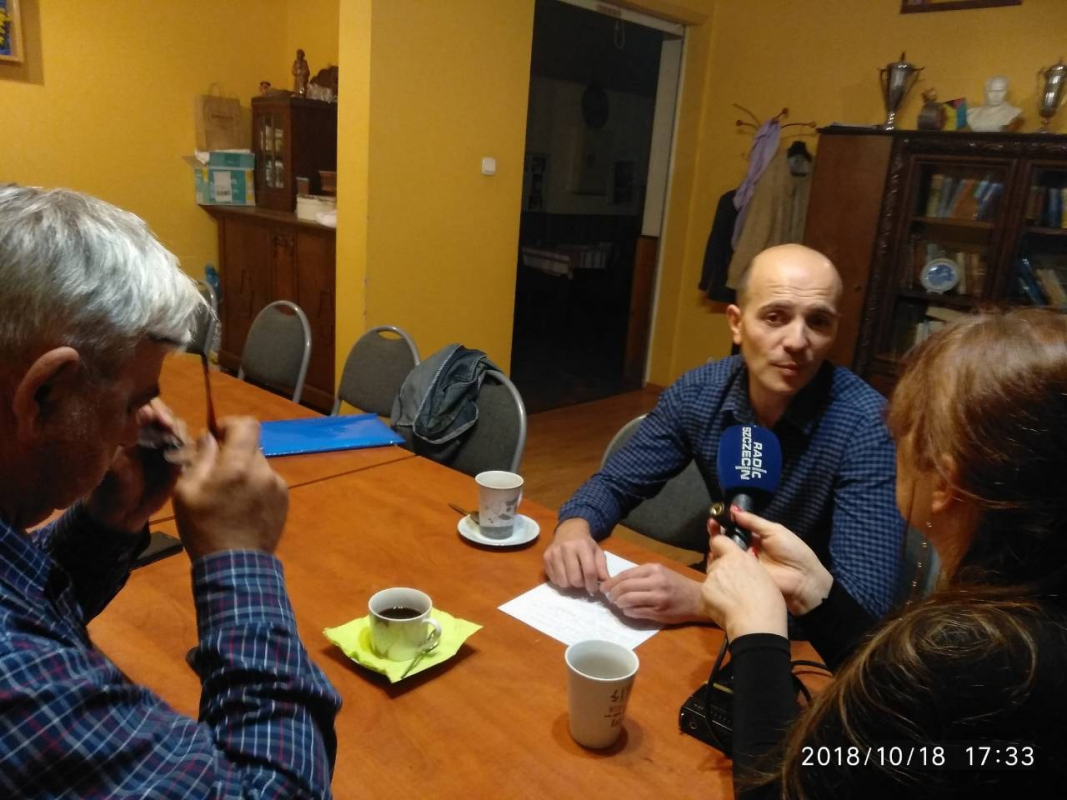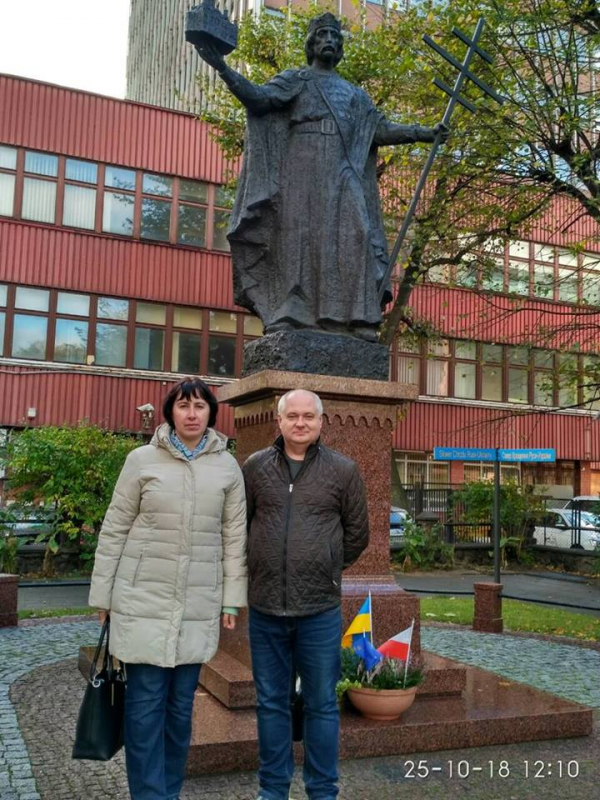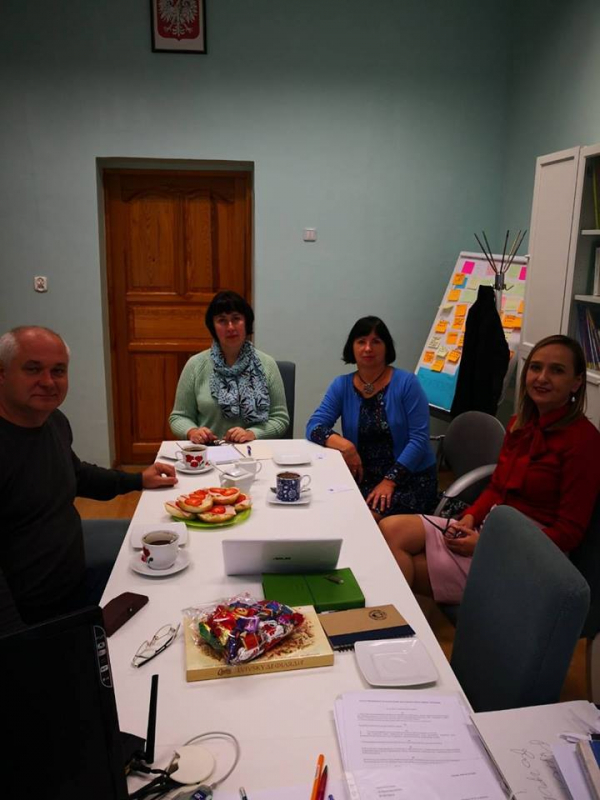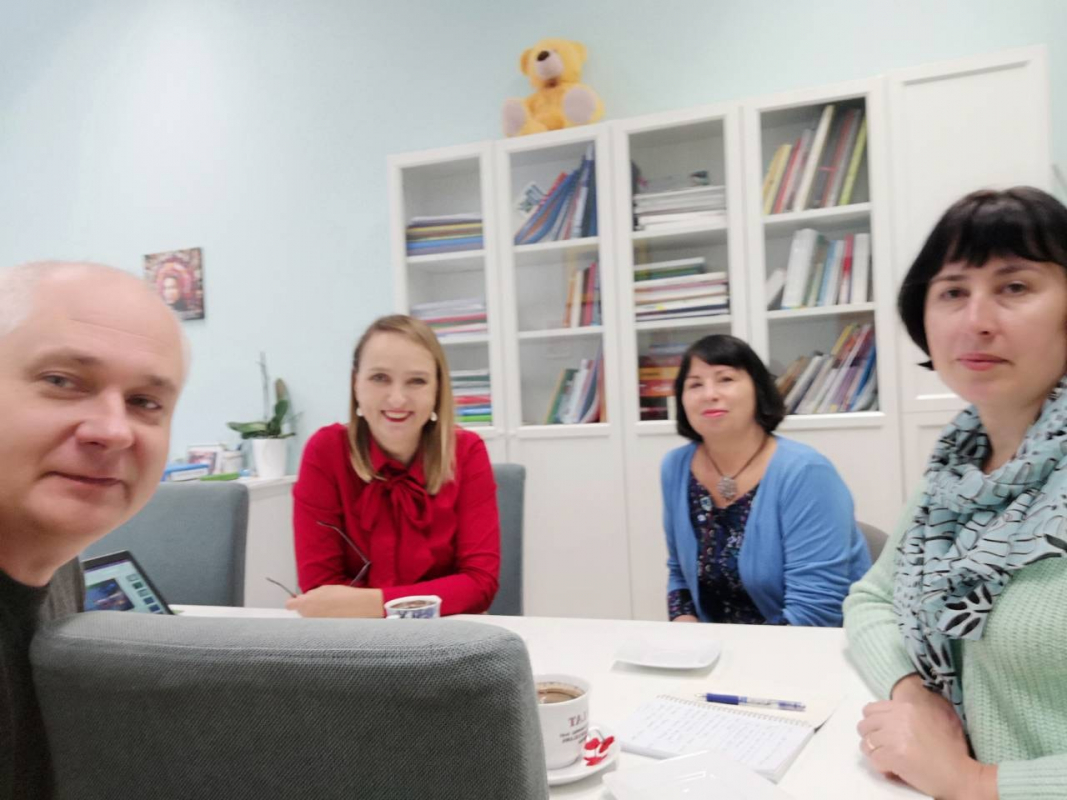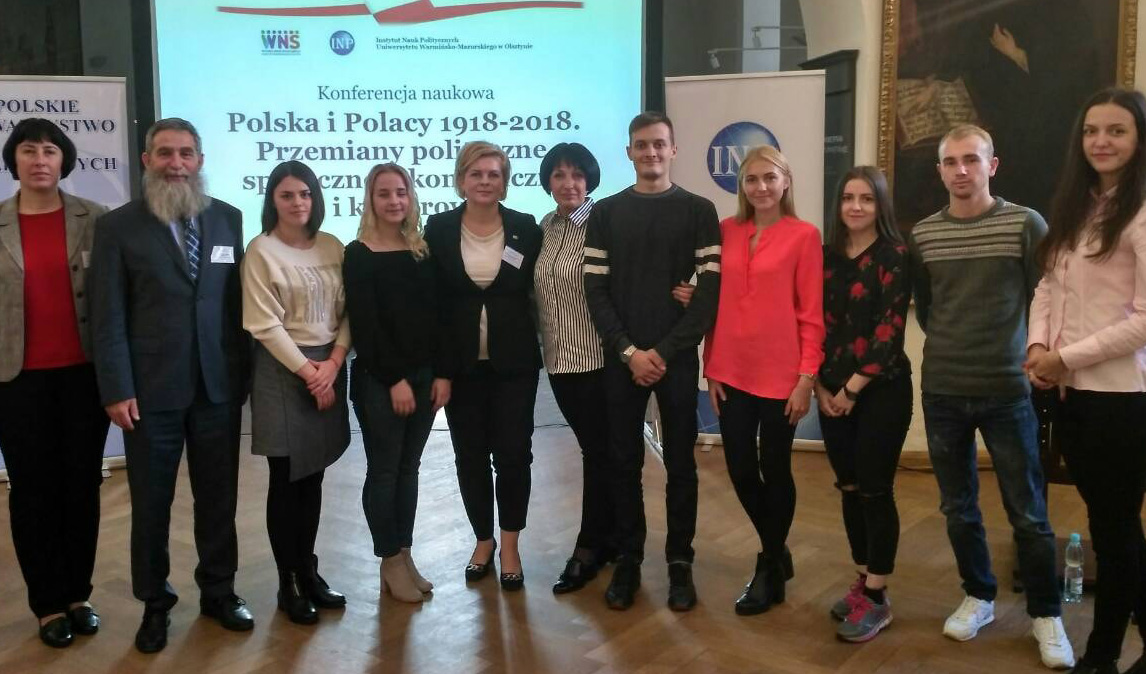This conclusion was reached by the lecturers of the Department of Political Science and International Relations of IHSS during their visits to Ukrainian communities in Poland in the framework of the Ukrainian-Polish scientific project State Policy on the Protection of the Rights of National Minorities: the Experience of Ukraine and Poland from August this year.
Halyna Lutsyshyn, Head of the PSIR Department, the project curator from Lviv Polytechnic gives an interview.
– What is the project about?
– It will last for two years and operates within the framework of international scientific projects with the support of the Ministry of Education and Science. On the example of three voivodeships – Warmian-Masurian, Pomeranian and West Pomeranian – our side thoroughly researches the Ukrainian minorities in Poland, where, according to statistics, most Ukrainians live. This is a study of the activities of national societies, Ukrainian classes in Polish schools, public, social and political activity of Ukrainians. The project aims to draw attention to the problems of Ukrainians living in Poland and help solve them; to strengthen scientific and cultural cooperation, to show how the Ukrainian minorities in these voivodeships are developing and what problems their communities have. We investigate public opinion and monitor media.
At the same time, our Polish colleagues research the life and activities of Polish minorities in Lviv, Zhytomyr, and Vinnytsia regions, where they are most numerous. The completion of the project will be the writing of a joint monograph, in which the participants of both sides will present their studies on the evaluation of the activity, legal framework, social activity, the influence of the national minority centers, and, ultimately, successful examples of Ukrainian and Polish experiences ...
– What problems of Polish Ukrainians did you identify?
– The annual budget of Poland provides financial support for national minorities, so the Association of Ukrainians in Poland gets its share – mainly for financing cultural and educational projects. However, that is not enough. Let’s say, at school No. 57 in Gdansk there are several Ukrainian classes – only one is funded by the state, and the rest is funded by the parents themselves. There are not enough manuals for learning the Ukrainian language, etc.
We saw how Germany financially supports its minorities in Poland or Poland its people in Ukraine. Unfortunately, Polish Ukrainians are currently without Ukraine’s support at state level.
